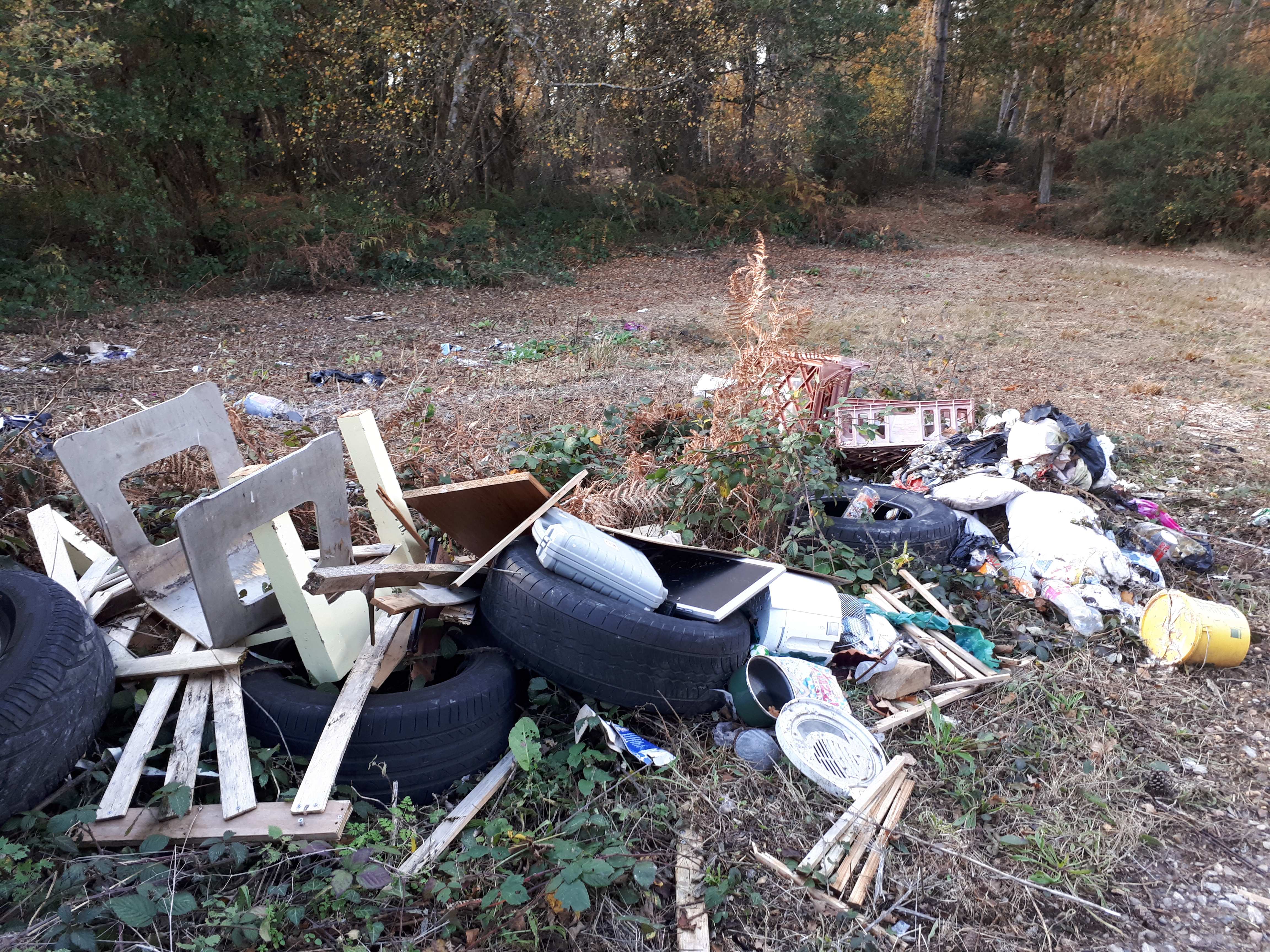
A rise in illegal fly-tipping is damaging conservation efforts at ancient woodlands on the Isle of Wight, a wildlife charity has warned.
People’s Trust for Endangered Species (PTES) says it has seen an increase in rubbish being left at Briddlesford Woods.
The woodlands is home to an abundance of wildlife, including endangered hazel dormice and red squirrels. The former has already seen populations decline by over 50% nationally since 2000.
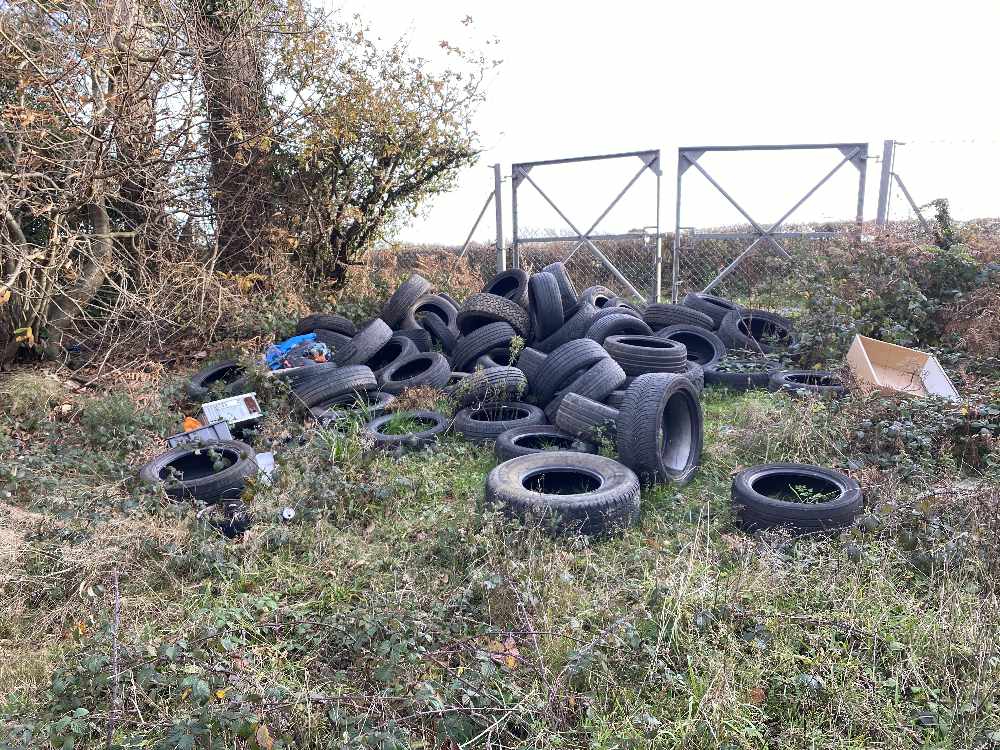
Fly tipping at Lynn Common, Briddlesford Woods (PTES' nature reserve on the Isle of Wight (1). Credit PTES.
PTES, which has owned Briddlesford Woods since 1992, warns that fly-tipping at Lynn Common is damaging precious flora and fauna across the nature reserve.
Laura Bower, Conservation Officer at PTES, said:
“Briddlesford is a unique woodland; not only is it one of the few places in the UK where both hazel dormice and red squirrels (classified as Vulnerable and Endangered on the Red List for Britain’s Mammals earlier this year) can be found, but it’s also home to two rare species of bat, barbastelles (also listed as Vulnerable) and Bechstein’s.”
“Briddlesford is a Site of Special Scientific Interest and a Special Area for Conservation, which gives it the highest legal protection. But sadly, this doesn’t prevent fly-tipping from happening. We’ve been working tirelessly over the last 20 years to maintain this special habitat so that local flora and fauna can flourish. Our conservation work will be undone if fly-tipping continues, so we are urging for this to stop, for waste to be disposed of correctly and for any incidents to be reported.”
“On top of the damage fly-tipping causes to our beautiful woodland, we also have to pay for the rubbish to be removed, which is a cost to the charity that should be spent on much-needed conservation.”
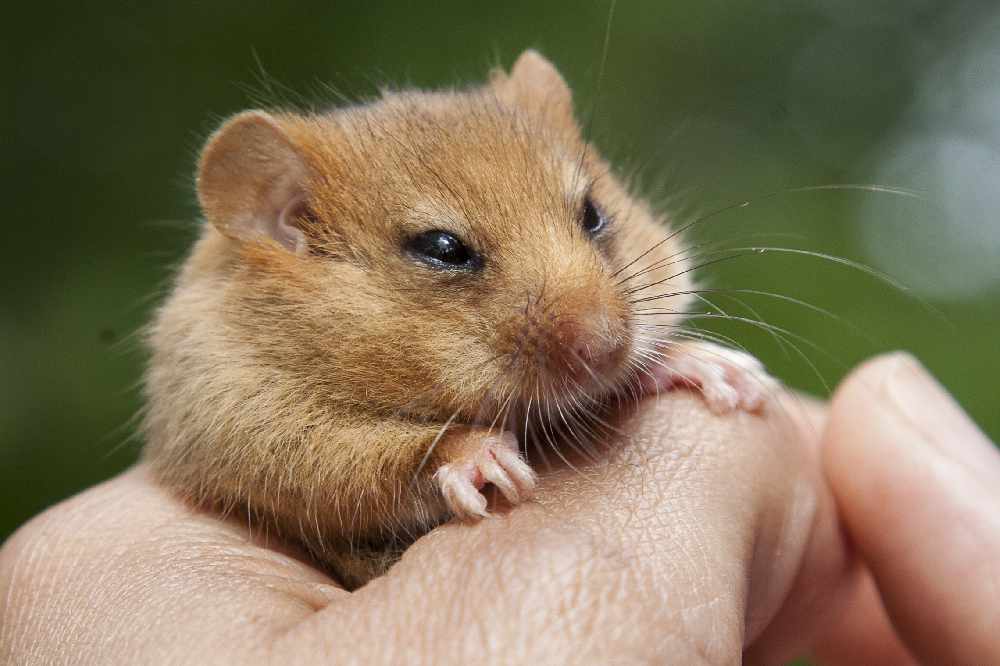
Hazel Doormouse are often seen at Lynn Common, Briddlesford Woods (PTES' nature reserve on the Isle of Wight (1). Credit PTES
The charity is calling for anyone who sees rubbish being dumped at Lynn Common or in any part of Briddlesford Woods to report the vehicle(s) involved to the Isle of Wight Council, Hampshire Police (via 101) or to PTES directly via [email protected].
To find out more about Briddlesford Woods and the rare wildlife that calls the reserve home, visit www.ptes.org/nature-reserves.


 Traffic Advice Issued For Walk The Wight
Traffic Advice Issued For Walk The Wight
 Hovertravel's Hoverbus Showcases All-New Look
Hovertravel's Hoverbus Showcases All-New Look
 Bear Grylls Pays Homage To Young Islander Ginny Following Ultimate Scouting Award
Bear Grylls Pays Homage To Young Islander Ginny Following Ultimate Scouting Award
 Southern Vectis To Open May Community Fund For Worthy Causes Across Isle Of Wight
Southern Vectis To Open May Community Fund For Worthy Causes Across Isle Of Wight
 Terrorism Plot Teen From Isle Of Wight Further Sentenced
Terrorism Plot Teen From Isle Of Wight Further Sentenced
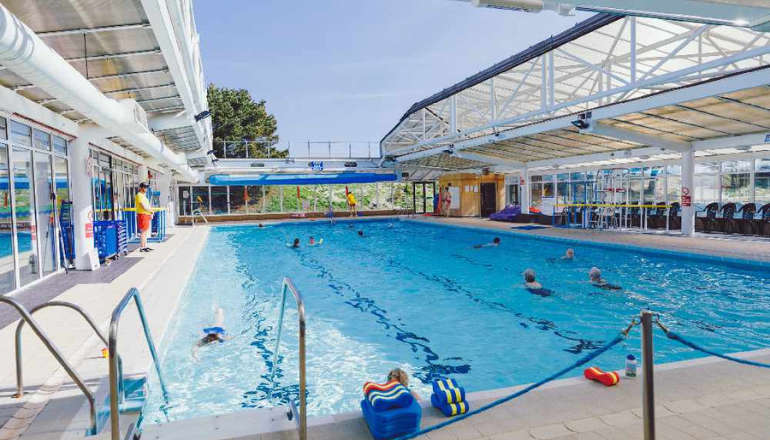 Ryde's Waterside Pool Secures £254,000 Of Government Refurbishment Funding
Ryde's Waterside Pool Secures £254,000 Of Government Refurbishment Funding
 Flood Warnings Eased But More 'Unsettled' Weather On The Way
Flood Warnings Eased But More 'Unsettled' Weather On The Way
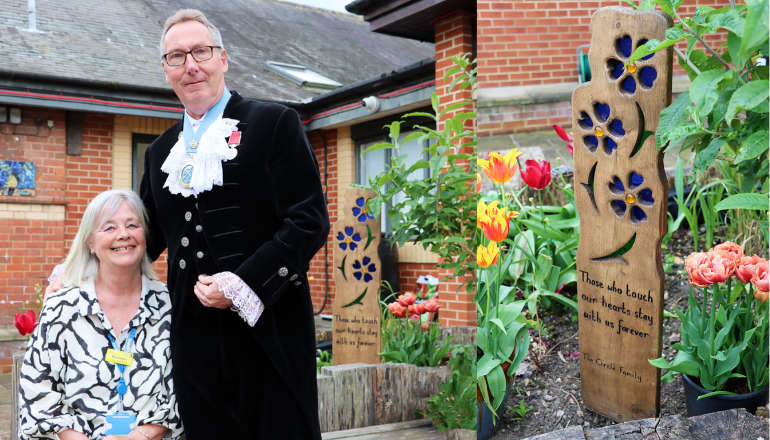 Sculpture To Commemorate People Affected By Dementia
Sculpture To Commemorate People Affected By Dementia
 Police Appeal Launched Following East Cowes Waitrose Alcohol Theft
Police Appeal Launched Following East Cowes Waitrose Alcohol Theft
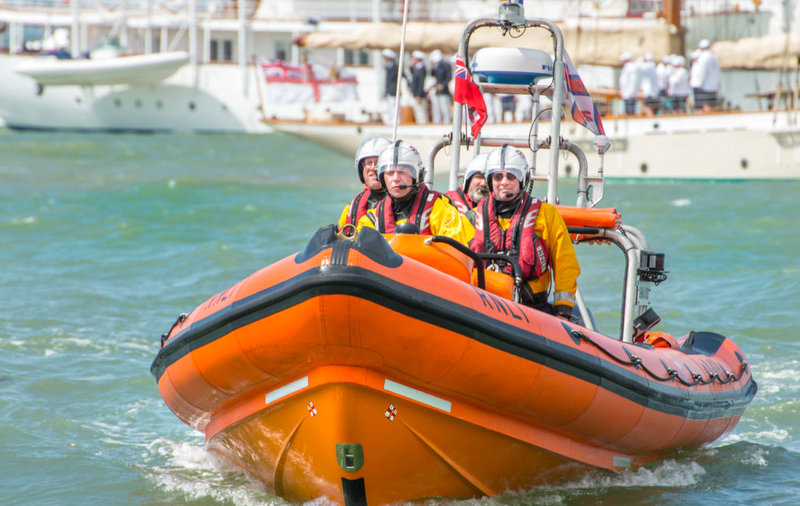 Unmanned Dinghy Towed To Safety By Cowes Lifeboat
Unmanned Dinghy Towed To Safety By Cowes Lifeboat
 Red Squirrel Property Shop Ventures Into Dubai Property Market
Red Squirrel Property Shop Ventures Into Dubai Property Market
 Isle Of Wight MP Bob Seely Announces Blueprint To Fund A3055 Improvements
Isle Of Wight MP Bob Seely Announces Blueprint To Fund A3055 Improvements
 New 2024/5 Annual Waste And Recycling Guide Out Soon
New 2024/5 Annual Waste And Recycling Guide Out Soon
 Platform One Announces Winner Of 2024 Wight Noize Competition
Platform One Announces Winner Of 2024 Wight Noize Competition
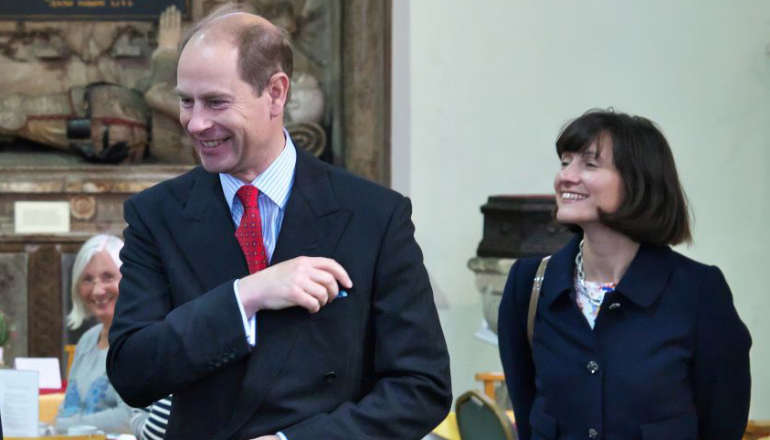 Royal Duke To Visit As Newport Minster Reopens
Royal Duke To Visit As Newport Minster Reopens
 Isle Of Wight Council To Support 'No Mow May' 2024
Isle Of Wight Council To Support 'No Mow May' 2024
 English Coastal Path Complication Amid Osborne House Queen Victoria Collection Fears
English Coastal Path Complication Amid Osborne House Queen Victoria Collection Fears
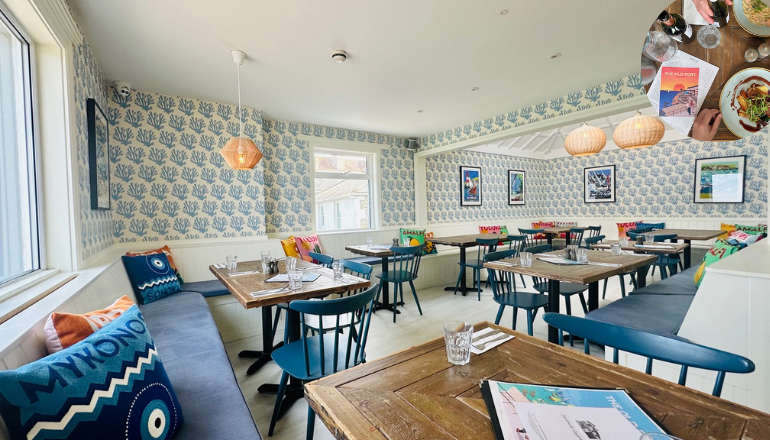 Seaview Pub Picks Up National Award
Seaview Pub Picks Up National Award
 Isle Of Wight Radio Child Of Wight Awards 2024 Nominations Now Open
Isle Of Wight Radio Child Of Wight Awards 2024 Nominations Now Open
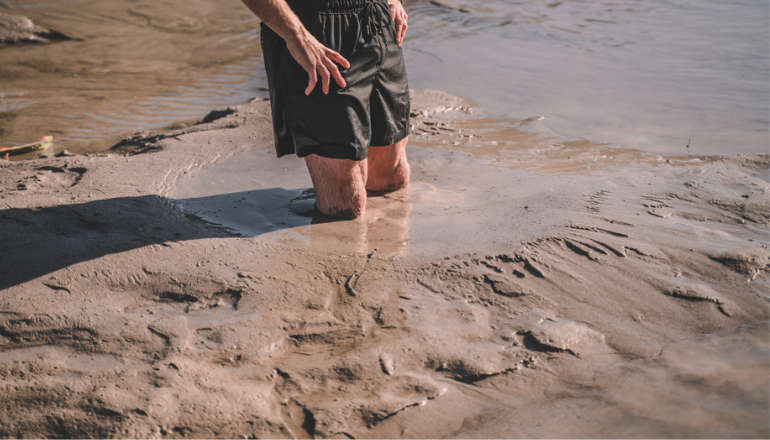 Fire Service Issues Water Safety And Mud Rescue Advice For Isle Of Wight
Fire Service Issues Water Safety And Mud Rescue Advice For Isle Of Wight


